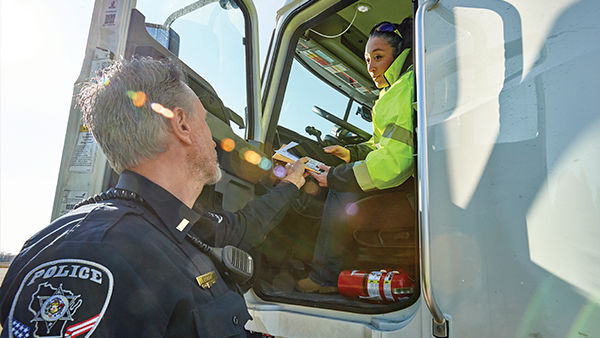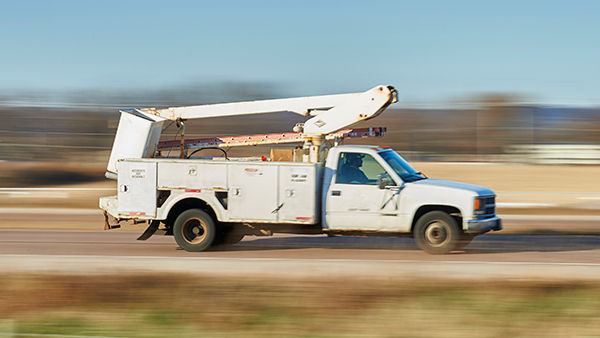The faster you're aware of your drivers' citations, suspensions and other negative events, the faster you can address the problem. We’ll monitor your drivers' records for negative events year-round so you can remove unsafe drivers from the road faster for immediate coaching. Drivers with negative events can be enrolled in our online training courses targeted to correct negative behavior.
Non-CDL Driver Compliance
Keep your non-CDL drivers in compliance and implement best practices that improve safety while reducing risk.
Our Compliance Advisors are trained to handle the regulatory and recordkeeping tasks related to your non-CDL and even non-CMV drivers. Save time and gain peace of mind with each of our full-service options.
MVR Monitoring Service


Non-Regulated File Management Service
Keeping your driver qualification files for your non-CMV drivers is a best practice that can help protect your company by showing due diligence in an accident or litigation situation. We’ll monitor and audit each driver's license, motor vehicle record (MVR), and MVR release consent, checking the accuracy of each item. We can also manage your company-specific policies such as cell phone, alcohol and drug use.
Frequently Asked Questions
All drivers operating a CMV as the term is defined in §390.5 are subject to the FMCSRs.
Before the CMV definition describes the types of vehicles, it states the vehicle is operated in interstate commerce on a highway. Interstate commerce and highway are defined in the same regulatory section.
The definition then describes the in-scope vehicles, starting with vehicles weighing over 10,000 pounds as a gross weight, manufacturer's weight rating, combination weight, or combination weight rating. It really doesn't matter how the vehicle or combination gets to be 10,001 pounds or more. The definition also describes certain passenger-carrying vehicles and vehicles with a placardable amount of hazardous materials onboard.
There are three regulation parts that apply only to CDL drivers, and therefore do not apply to non-CDL drivers. They are:
- Part 380 regarding special training requirements for CDL drivers,
- Part 382 covering controlled substances and alcohol use and testing, and
- Part 383 which contains the commercial driver's license standards.
Virtually all of them. Non-CDL drivers must receive and complete a driver's application, the carrier must complete and document the safety performance history and road test the driver unless a previous employer's road test and documentation can be used. In addition, all drivers must be medically certified by a medical examiner on the national registry and have a complete driver qualification file.
The hours-of-service rules apply equally to CDL and non-CDL drivers. There are no special limits for non-CDL drivers. Operators of vehicles that do not require a CDL can qualify to use a slightly more permissive short-haul exception allowing the use of a time record to document hours-of-service compliance. Any operators of a non-CDL CMV that does not qualify for the short-haul exception (or another exemption that excuses the driver from loggin) must adhere to the hours-of-service limits and reocrd their hours. Most drivers that are required to log must do so with an ELD.
While you're allowed to have a policy to test non-CDL drivers, those drivers must not be in your CDL testing pool nor be tested using a DOT chain of custody. Part 40 and Part 382 do not apply to non-CDL drivers. All non-CDL testing policies must follow state and federal employment rules.
I'd like to learn more!
Talk with a Compliance Advisor today at: 888-473-4638 or fill out the form and we'll get in contact with you.
Thank You!
Thank you for your interest! A Compliance Specialist will contact you soon regarding your request or you can contact us at 888-473-4638
We're sorry, there was an issue in submitting the form.
Please refresh the page and resubmit your information.